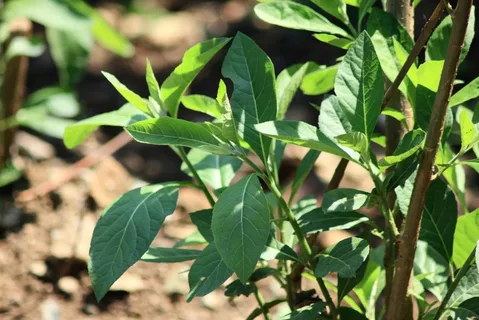Africa is one of the richest phytodiversities in the World. The consumption of plant materials is believed to contribute immensely to the improvement of the health of man and animals.1 It is estimated that 80% of the population of Africa depends on medicinal plants to satisfy their healthcare requirements.
Vernonia amygdalina (family of asteraceae) is a valuable medicinal plant that is widespread in East and West Africa2. It is known as bitter leaf and may be used as active anti-cancer3, anti-bacteria, anti-malarial, and anti-parasitic agent4. This plant contains complex active components that are pharmacologically useful.
The roots and the leaves are used in ethnomedicine to treat fever, hiccups, kidney problems, and stomach discomfort5. The stem and root divested of the bark are used as chew-sticks in many West Africa countries like Cameroon, Ghana, and Nigeria. Vernonia amygdalina (VA) leaves are one of the most widely leaf vegetables consumed by Cameroonians during special occasions such as marriages, baptisms, Christmas, and birthday.
Pharmacological studies have also shown that the leaf extracts have both hypoglycaemic and hypolipidaemic properties in experimental animals and so could be used in managing diabetes mellitus6. Traditional medical practitioners, herbalists, and local healers in West Africa recommend aqueous VA for their patients.
The beneficial use of VA in animal nutrition in Nigeria has been well documented7,8,9 reported that VA leaf extract enhanced the prophylactic and therapeutic efficacy of chloroquine against Plasmodium berghei malaria in mice. However, the unrefined nature of the herbal preparations, coupled with the apparent lack of specificity or precision in the application of the plant in traditional medicine could lead to over dosage of the herbal medicine, which can result in accumulation of essential and non-essential plant ingredients in the human system. The accumulation can reach a toxic level, especially in the systems of people who rely heavily on unrefined herbal products, with severe consequences on their biochemical and genetic systems.
